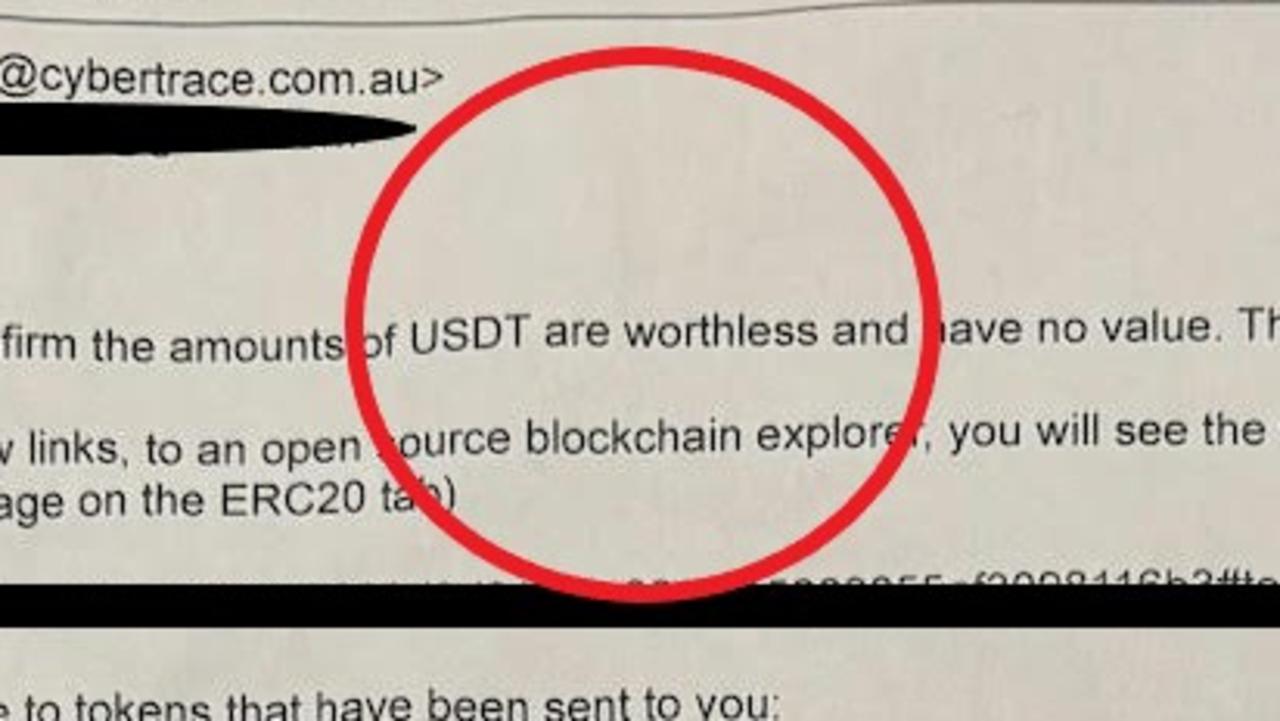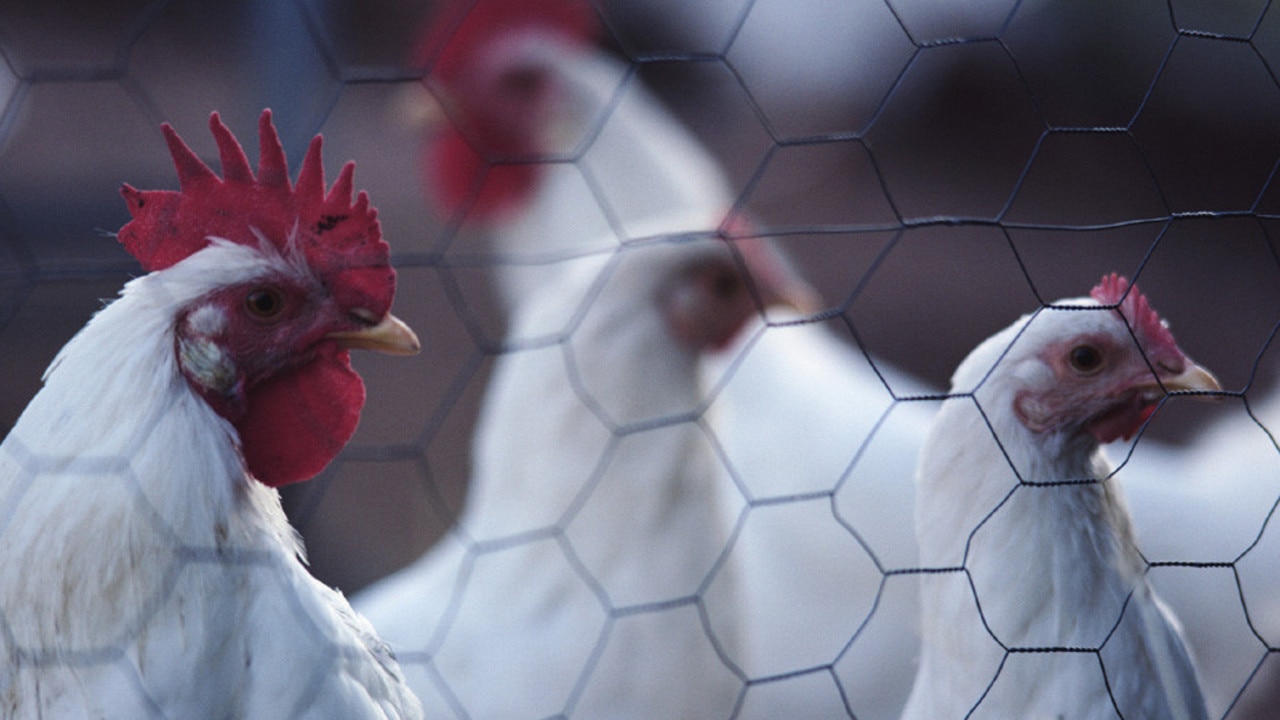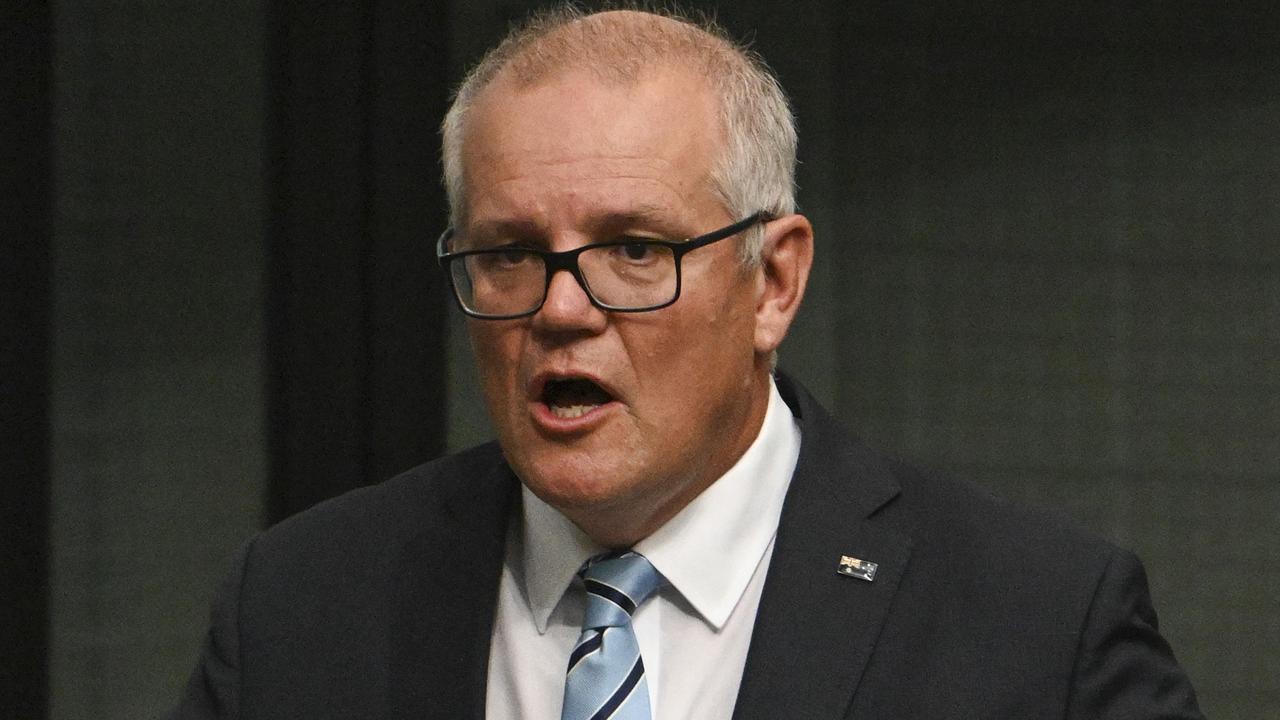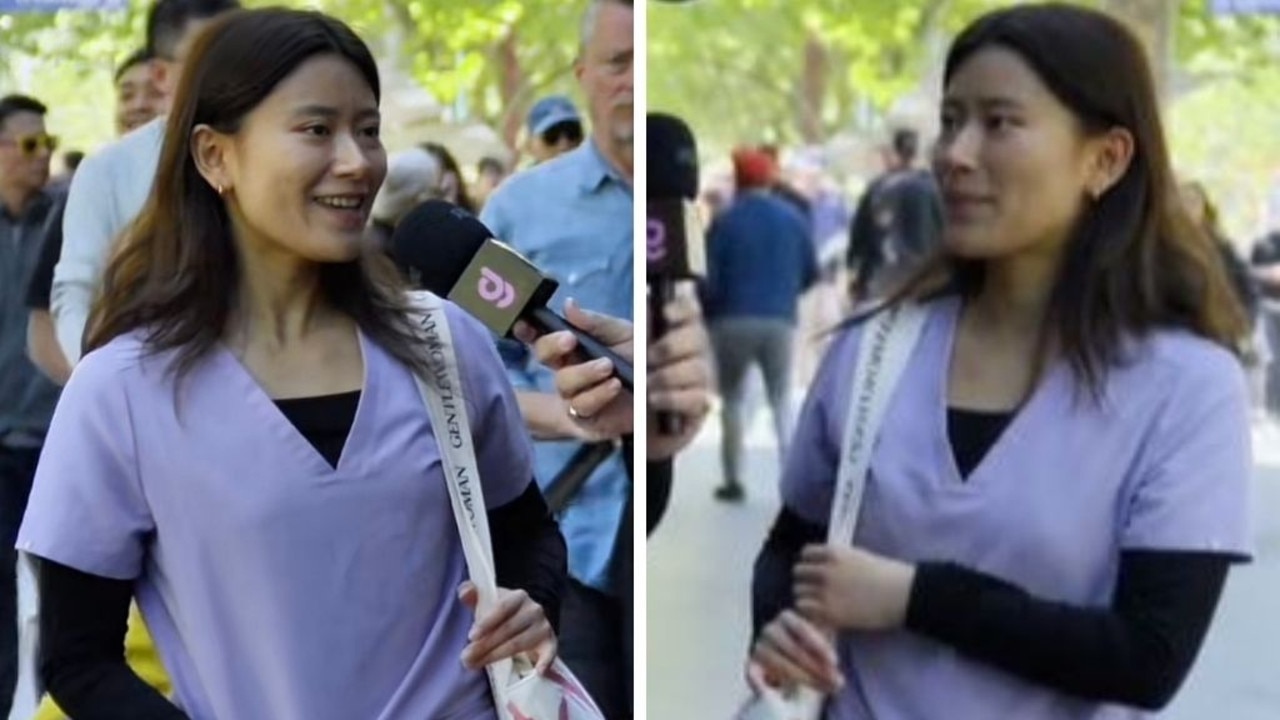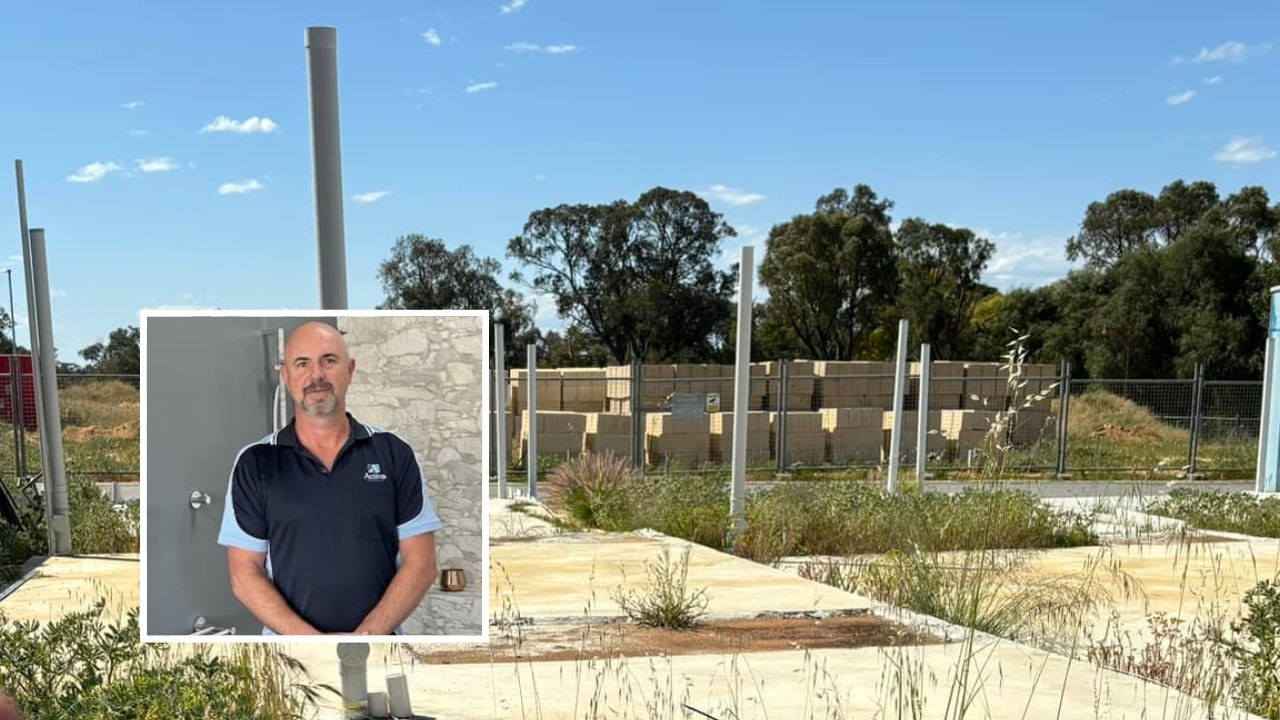Two words Australian women should be raging over
The government has decided this isn’t an important issue, but for millions of Australians, it will have devastating consequences.

Business
Don't miss out on the headlines from Business. Followed categories will be added to My News.
When the federal government rejected a plan from its own retirement income review to include superannuation as part of paid parental leave, it left hundreds of thousands of Australian women facing being financially worse off if they have children.
Yet despite backing the idea, even Retirement Income Review chair Mike Callaghan viewed the change as making a “small difference”, although he acknowledged that it was still worth doing to support gender equity.
But Bianca Hartge-Hazelman, CEO of Financy, an organisation that tracks women’s financial progress towards economic gender equality in Australia, said the focus on those two words – “small difference” – is damaging.
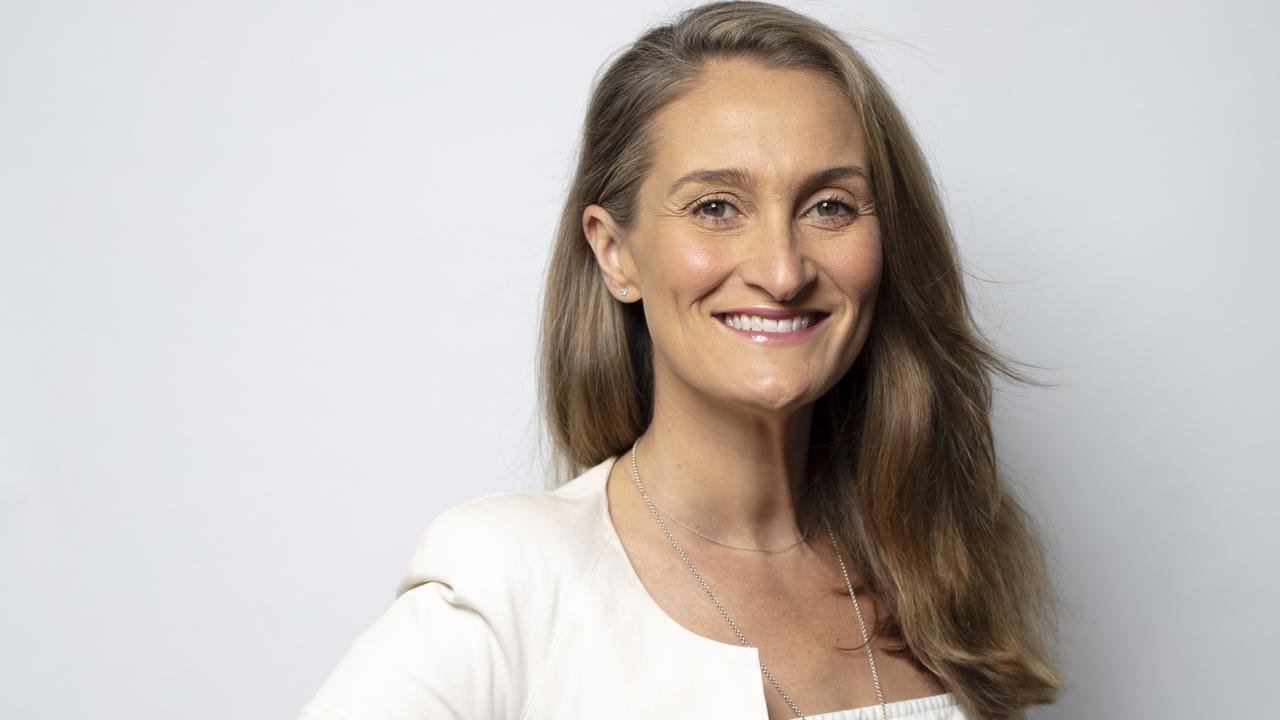
She said there is very clearly a “motherhood tax” on women that “penalises” them for unpaid work
“I think paying superannuation on paid parental leave makes about a $14,000 difference to individual women and that is only a small difference but that is in a financial sense. In the broader scheme of things with gender stereotyping, it’s significant and almost unquantifiable as it says work as mother and time off work is valued and it says to men you can be rewarded for this too and its greater incentive on men to take paid parental leave,” she told news.com.au.
“I think if we actually support and value unpaid work it’s a gamechanger, and in this country, that figure alone is $60 billion for Australia, which is huge.
“I just can’t fathom why we can say its only worth $14,000 per person when the actual impacts to what it can mean to supporting economic security and changing gender stereotypes to value unpaid work is well and truly into the billions.”
She added it was too easy for Treasury to discount mere numbers, rather than looking at the message it would send about closing the financial gender gap.
In fact, the super gap between men and women is shocking with a whopping 28 per cent difference.
Women retire with a median superannuation balance of $146,900, compared to men who walk away with $204,107 at retirement when aged 60 to 64 years, recent data from KPMG found.
The huge money gap between women and men when they retire is appalling – that’s why news.com.au believes the next Australian government should commit to paying superannuation while mums are on paid parental leave.
Horrifyingly, the Financy women’s index for the December quarter showed it will take a staggering 33 years to close the super gender gap.
Ms Hartge-Hazelman, the mum of three girls, said that figure was shocking
“Frankly that is well beyond my working lifetime, and that is something that may be our daughters who are just going through primary school might see the benefits of,” she said. “Either way its just too long to wait and its largely the by-product of a lagging gender pay gap and inequality in pay, but there are also problems with the design of a male focused superannuation industry by design.”
She estimates the gender super gap as a high as 30 to 40 per cent.
Trenna Probert, CEO of Super Fierce, has calculated the result of inaction on super payments on parental leave adds up to $280,000 per woman – taking into account the low or no income women have until children are aged five, loss of salary momentum and missing out on compound interest on their super pot.
Data from KPMG also shows back to work mums come back at salaries 9 per cent lower than their non-mum peers, slashing contributions by an average of $88,000 over the following 30 years of work.
The government’s own review found paying super to those who claim government parental leave pay would only increase the cost of the $2.2 billion scheme by an extra $200 million annually – less than 1 per cent of the total PPL budget.
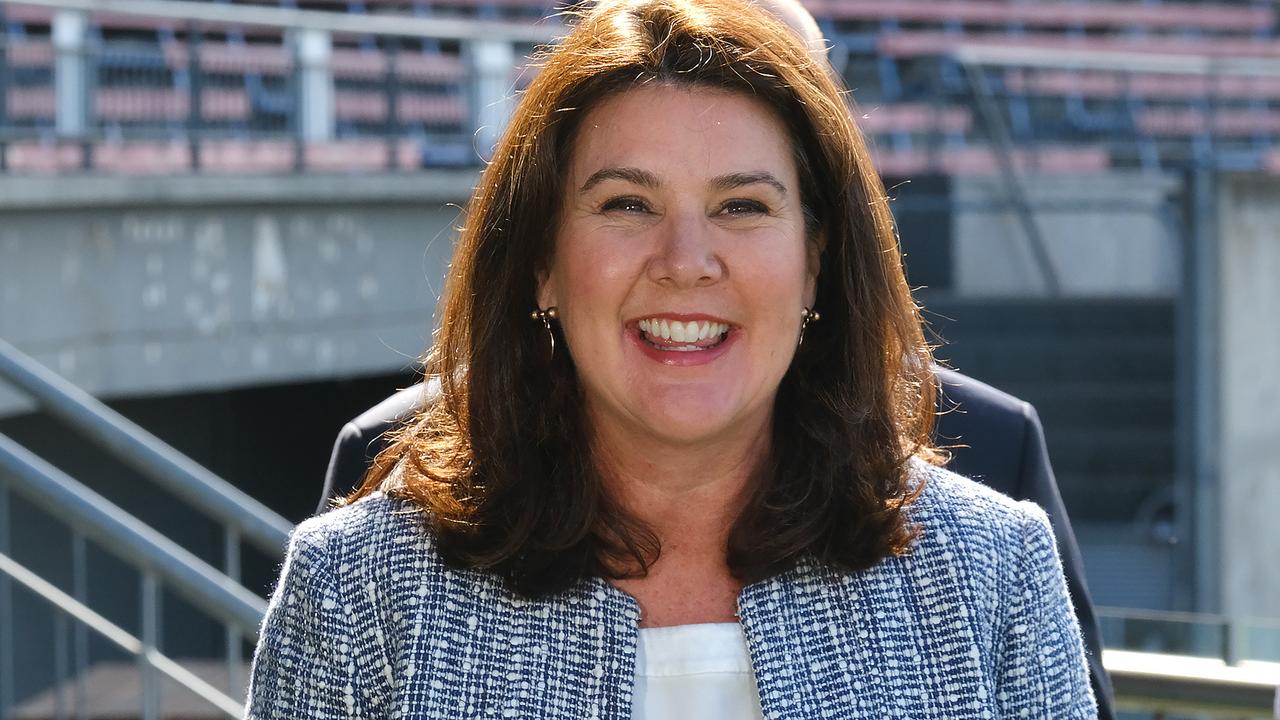
Yet, the Liberal Party have knocked back the plan, while the Labor Party has yet to make a decision less than three weeks out from the election, despite campaigning on it back in 2019.
“The superannuation gender gap is leaving women with hundreds of thousands less in their lifetime balance, which has flow on effects for women’s economic security and is also stalling progress towards gender equality,” Ms Hartge-Hazelman noted.
“Where we are now is if both major parties are serious about bridging inequalities, which they all talk up … they have to address flaws in design of super system that unfairly disadvantages women, it’s prehistoric and doesn’t keep up with the time.
“The rate of progress is only as good as the policy measures … It beggars belief that in 2022 super payments are not mandatory with paid parental leave, particularly on the government’s paid parental leave for 18 weeks.”
Melanie Starr is one Aussie mum who wants to see more immediate progress on the super gender gap, particularly as she has two daughters aged 23 and 15.
She said she is scared about her own super balance and retirement as she didn’t start full time work until she was 30 after having three kids.
“It’s not like I have a luxurious lifestyle or anything like that but you just don’t know. There is so much uncertainty at the moment you can look at petrol prices, inflation and wages stagnating and you don’t know as an older person in 20 years time what you will be facing in terms of cost of living,” she told news.com.au.
“And as an older person you have more expenses in terms of your health, so it does make me worry.”
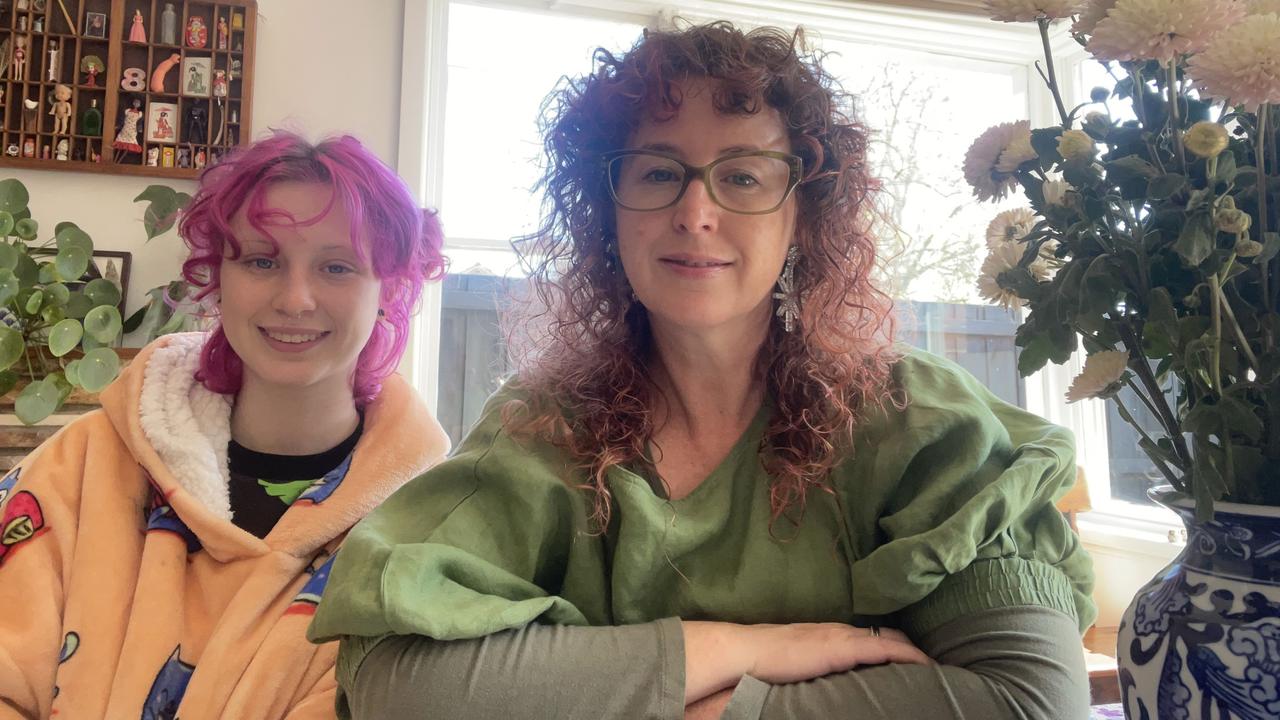
The 50-year-old said she is already hammering home to her oldest daughter, who works in a hospital, that she needs to be salary sacrificing as she is “really angry” about the disadvantage women face just for having children.
“The other thing that worries me too is not only do women take parental leave but they are most likely to go back part time or casual as they want to be looking after their children,” she said.
“I just think the super system doesn’t recognise that it disadvantages women more and also women earn 14 per cent less more than men, so they are putting less in even if can work full time and don’t take a career break.”
“It upsets me because it doesn’t have to be that way, we can make improvements to the super system so that it protects women.”
Meanwhile, the average woman would have to add an extra $236 per month out of their own pocket into their super or work an extra 11 years to retire with the same super balance as men, found a report from fintech company Finder.
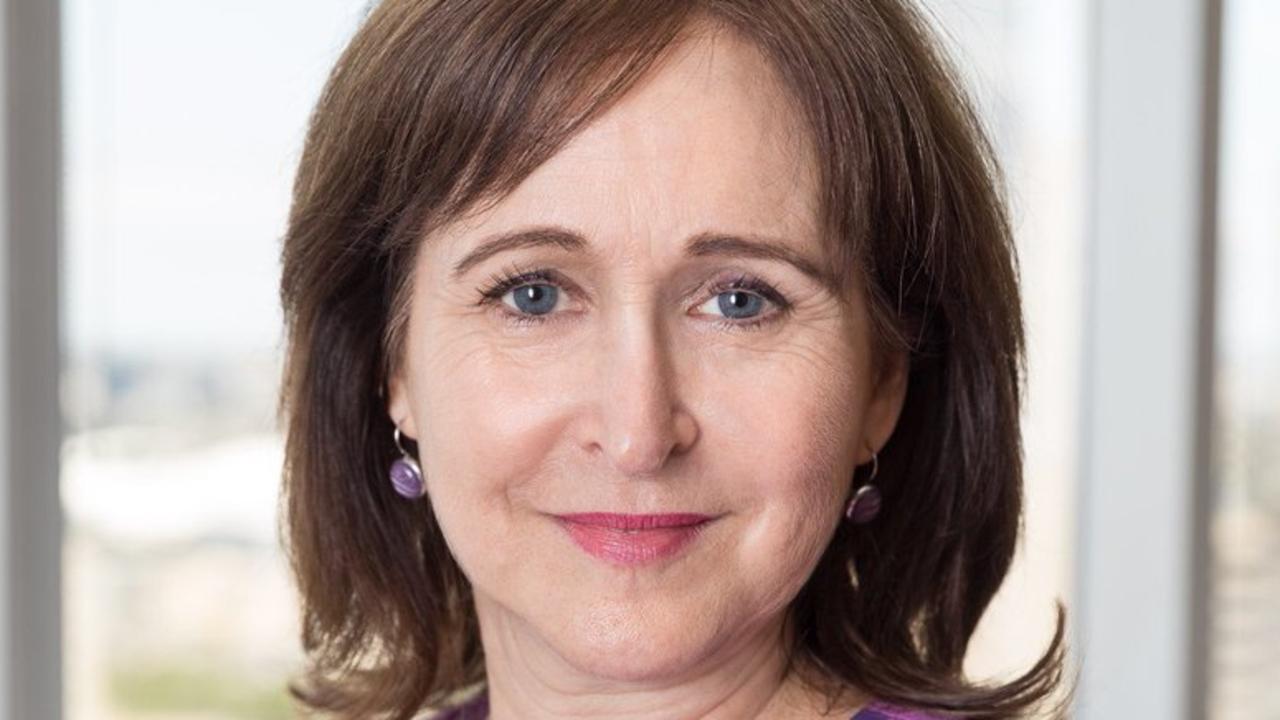
The super sting has already cost up to 1.6 million working mothers, who have accessed the federal government’s paid parental leave scheme, a staggering $1.86 billion from their retirement savings in the last 11 years, Industry Super Australia found.
“Our super system has a persisting gender blind spot that sees women retire with almost a third less super than their male counterparts,” CEO of super fund Hesta, Debby Blakey said.
“Eighty per cent of Hesta members are women, and those who raise children continue to pay an unfair financial penalty through inadequate super balances, leaving too many vulnerable to poverty as they age.”
Hesta has called for paying super on the government’s paid parental leave and introducing a superannuation carer credit for new parents to help get their super balances back on track following unpaid parental leave.
It found almost eight in 10 members supported a super carer credit where the government makes a super contribution to fill part of the super gap that arises during unpaid parental leave.
Originally published as Two words Australian women should be raging over




